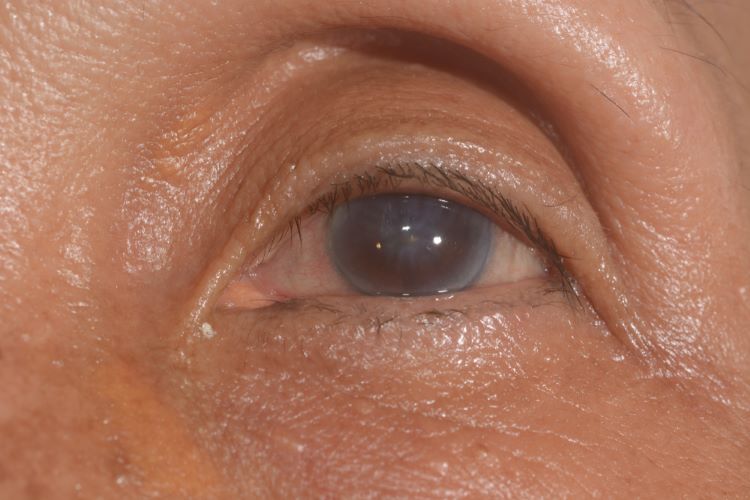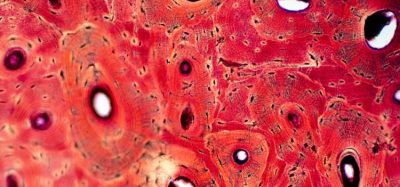Early allogeneic cell therapy trial results offer hope for sight condition
Posted: 19 December 2024 | Catherine Eckford (European Pharmaceutical Review) | No comments yet
Based on positive outcomes of the clinical trial, a high dose of the cell therapy is expected to advance to Phase III pivotal trials.


New topline Phase I/II data show that an allogeneic cell therapy could help restore vision in individuals with corneal oedema secondary to corneal endothelial dysfunction. AURN001 combines allogeneic human corneal endothelial cells (neltependocel) and a rho kinase inhibitor (Y-27632).
The CLARA Phase I/II clinical trial evaluated the safety, tolerability, and efficacy the allogeneic cell therapy product candidate at sites in the US and Canada.
Key findings from the cell therapy study
For the primary endpoint, the Phase I/II study showed that fifty percent of responders attained >15 letters of improvement in best corrected visual acuity (BCVA), in those given a high-dose of the allogeneic cell therapy. This was compared the proportion of individuals just administered with the rho kinase inhibitor Y-27632.
Based on [findings from the high-dose AURN001 arm at six months], combined with the generally favourable safety profile in the CLARA trial, we look forward to bringing the high dose of AURN001 forward into our proposed Phase III pivotal trials”
Furthermore, key secondary endpoints demonstrated statistically significant improvements in change in BCVA and central corneal thickness in the high-dose AURN001 arm at six months. This was compared to Y-27632-only arm, according to Aurion Biotech, Inc.
Overall, a dose response was seen in the three arms in participants who were given with the allogeneic cell therapy AURN001.
“Based on these findings, combined with the generally favourable safety profile in the CLARA trial, we look forward to bringing the high dose of AURN001 forward into our proposed Phase III pivotal trials,” commented Michael Goldstein, MBA, President and Chief Medical Officer of Aurion Biotech.
“We believe that today’s news is another important step forward in the clinical development of our investigational allogeneic cell therapy, AURN001, to help restore vision,” stated Greg Kunst, Chief Executive Officer of Aurion Biotech. “We look forward to presenting full results from the CLARA trial at future medical conferences.”
Related topics
Biopharmaceuticals, Clinical Development, Clinical Trials, Data Analysis, Drug Development, Drug Safety, Industry Insight, Research & Development (R&D), Technology, Therapeutics









